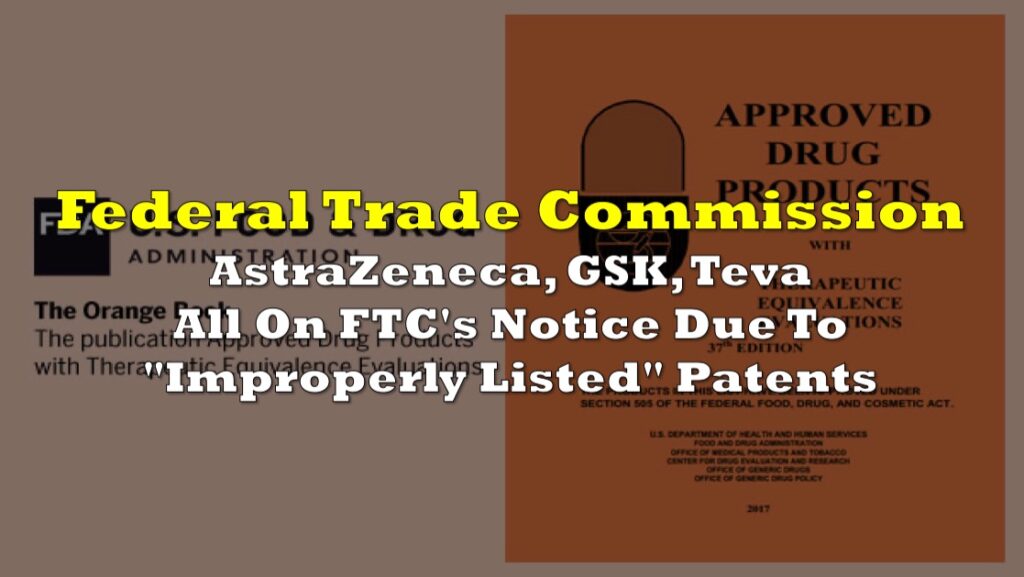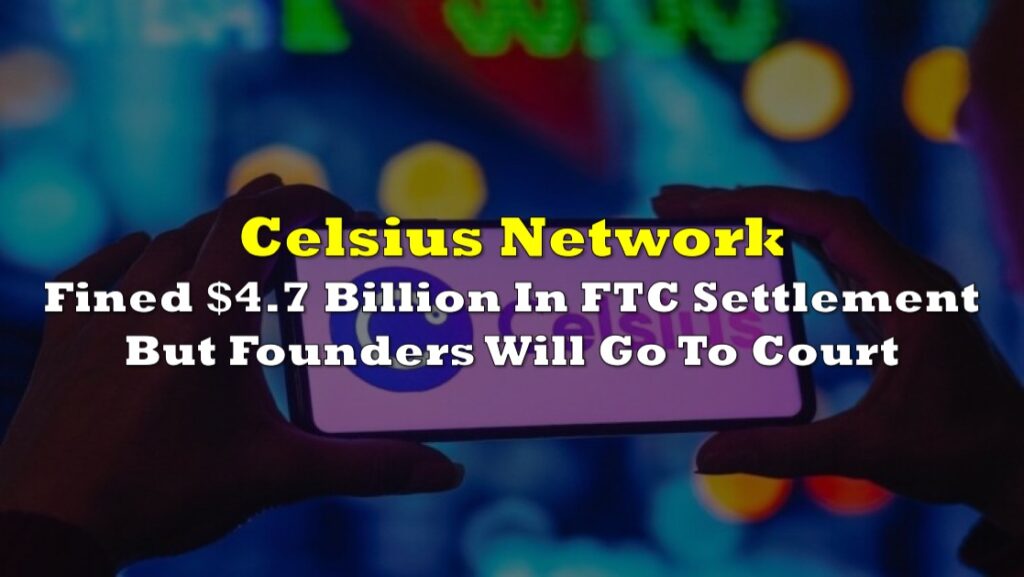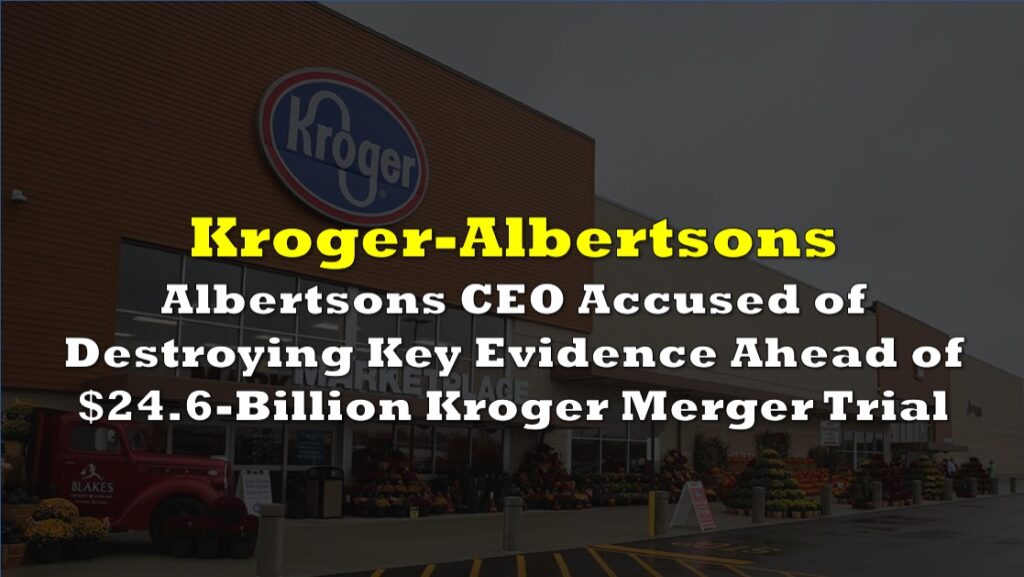Two significant court rulings have halted the proposed $24.6 billion merger between grocery giants Kroger Co. (NYSE: KR) and Albertsons (NYSE: ACI), marking a decisive victory for antitrust advocates, labor unions, and consumers. The United States’ Federal Trade Commission and a coalition of states argued that the merger would stifle competition, raise prices, and harm workers.
In Portland, Oregon, U.S. District Judge Adrienne Nelson issued a preliminary injunction against the merger, citing evidence that it would harm competition and consumers. Meanwhile, in Seattle, Washington, Judge Marshall Ferguson handed down a permanent injunction, concluding that the merger would violate antitrust laws within the state. These rulings come after months of scrutiny and a three-week evidentiary hearing.
“This was only going to be good for shareholders, Wall Street, and corporate executives,” Kim Cordova, president of UFCW Local 7, celebrated the decisions. “We’re relieved that both judges recognized the disastrous impact this merger would have had on workers, shoppers, and communities.”
BREAKING: A judge has blocked Kroger’s $24.6 billion merger with Albertsons.
— More Perfect Union (@MorePerfectUS) December 10, 2024
The judge sided with the FTC, finding that the deal would reduce competition for US grocery shoppers.
Kroger and Albertsons argued that their merger was essential to compete against retail giants like Walmart, Amazon, and Costco. They proposed divesting 579 stores to C&S Wholesale Grocers to maintain competition. However, critics, including the FTC, contended that this would not sufficiently address market concentration issues.
The merger would have created a grocery behemoth with over 5,000 stores and significant market share in key regions. Critics highlighted the already concentrated nature of the U.S. grocery market, where the top six chains control 65% of sales. Walmart alone accounts for nearly 30% nationally and over 50% in some regions.
A combined Kroger-Albertsons entity would dominate markets such as:
- Atlanta: Kroger (26%), Publix (22.5%), Walmart (19%).
- Chicago: Albertsons’ Jewel-Osco (22.6%), Walmart (17%), Kroger (7%).
- Southern California: Albertsons (19.8%), Kroger (18.6%).
This consolidation would also ripple through the supply chain. Consumer packaged goods industries, already dominated by a few players, could face further price pressures. For example, the top four yogurt brands control 75% of sales, and the top three cereal companies hold 90% of the market.
The hearings revealed troubling practices by both Kroger and Albertsons. Testimony indicated that Kroger engaged in strategic price hikes on essential items like milk and eggs, particularly in areas with limited competition. Albertsons faced allegations of destroying key evidence—text messages from CEO Vivek Sankaran and other executives—pertinent to the FTC’s investigation.
According to the FTC, these deletions obscure discussions about potential post-merger price increases. The agency argued that such actions warrant an “adverse inference,” implying that the missing evidence would have been detrimental to Albertsons.
The proposed merger underscored broader concerns about retail and supply chain concentration. Between 2020 and 2022, grocery prices surged by over 30%, far outpacing actual cost increases. Experts like economist Isabella Weber attribute much of this inflation to “seller’s inflation,” where companies exploit external crises to raise prices disproportionately.
For instance, grocery units decreased by 1.6%, while prices rose by 40%. Dairy products saw prices climb 33% despite stable sales volumes while meat units fell by 10.5%, with a 41.5% price increase.
During this period, Kroger and Albertsons reported substantial profit growth. Kroger engaged in multiple stock buybacks, prioritizing shareholder returns over price reductions for consumers.
While the rulings mark a significant victory, they do not definitively end the merger. Kroger and Albertsons have the option to appeal or revise their proposal. However, experts like legal analyst Whitney Traylor caution that the logistical challenges of proceeding with a fragmented merger across dissenting states may prove insurmountable.
Moreover, shifting political dynamics could influence future regulatory decisions. With U.S. President-elect Donald Trump set to take office in 2025, analysts predict a potential increase in large-scale corporate mergers across various industries, raising questions about the durability of current antitrust enforcement.
Information for this briefing was found via Forbes, MSNBC, and the sources mentioned. The author has no securities or affiliations related to this organization. Not a recommendation to buy or sell. Always do additional research and consult a professional before purchasing a security. The author holds no licenses.









